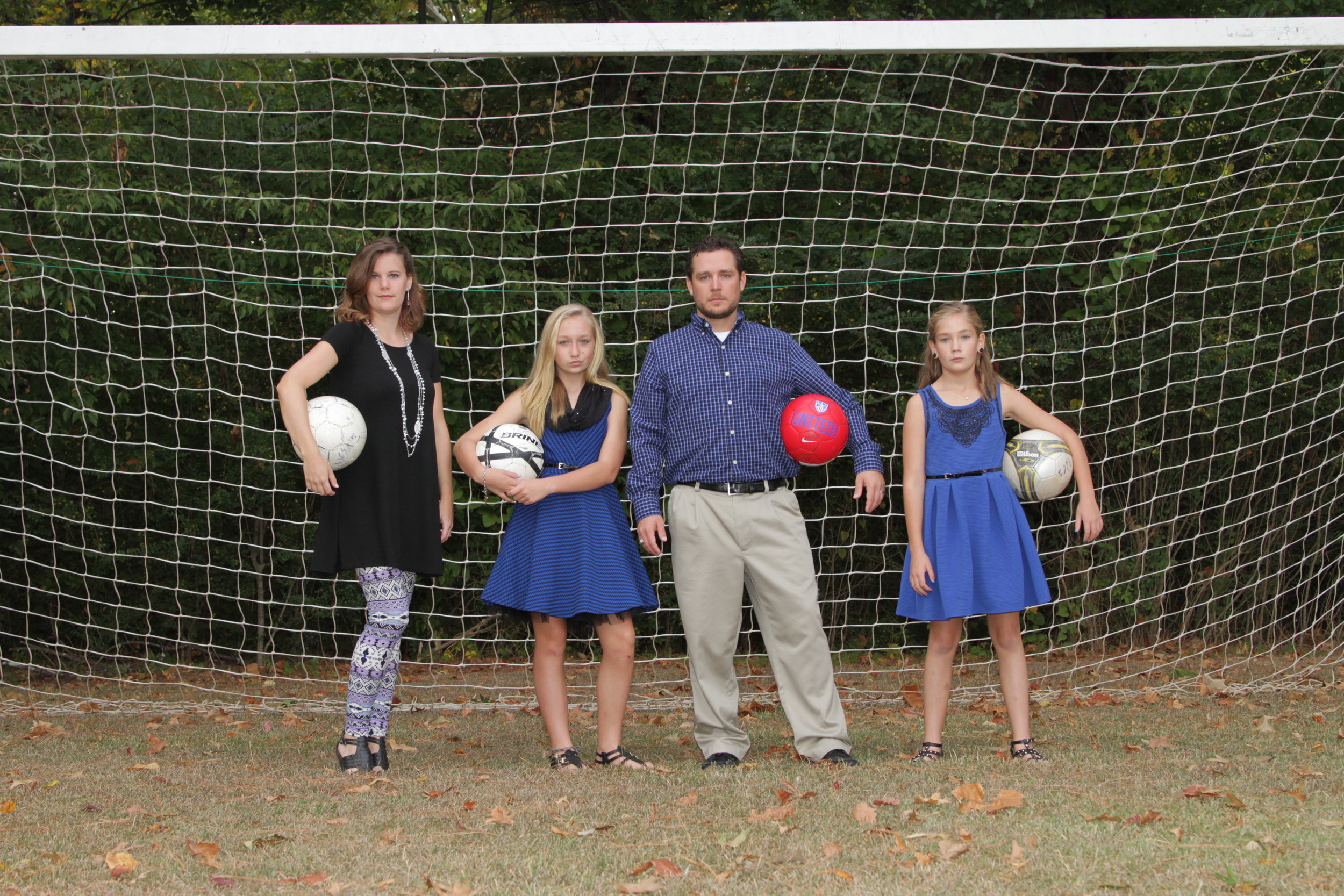Real Life Leading #60
Keys to Blended Family Life
Happy (late) New Year! I’m excited to share with you this first post of 2019 and in doing so to give an update on what the new year holds.
I was blessed to give my presentation on blended families called ‘Four Parents, Two Houses: Parenting Together Despite Difficulties’ at the National Head Start Association conference in Florida just before Christmas. Afterward, we were extremely encouraged at the response: there was tremendous support, feedback, and a desire to learn more from the audience. Many in the audience inquired about other resources and what they can do to help other blended families in their hometowns, and I’m looking forward to continuing to support them.
Recent statistics suggest that about 60-70% of second marriages fail (https://family.lovetoknow.com/co-parenting/blended-family-statistics), and many of these marriages are the ones that have created blended families. Thus, there is a tremendous need to help blended families succeed, and I’m thrilled to be a part of that. I’m part of a blended family and have been for years, and I’m thankful to share the wisdom from other blended families as well. Within our situation, I’m also thankful that all four parents (and the many grandparents) have worked so hard to make our lives work as well as they do, and I truly want others to experience the same type of success.
One of my favorite family pictures: mean-mugging with the soccer balls in front of a goal!
Within blended families, even before parents may be remarried, every issue becomes more complex because there are more moving pieces. Issues that are already difficult in traditional families now have more moving parts, more opinions, and more egos involved. Issues such as holiday or sports schedules; vacations and activities; teenage issues like cars and clothing and make-up and dating; inter-family and/or sibling rivalries and favoritism (real or perceived); buying patters for household items; and what we call ‘switch-over’ items that travel between homes; all of these are potential stumbling blocks for blended families and thus need to be discussed with patience, care, and compassion by all parties involved. And these are just the beginning. Each blended family will also have circumstances unique to its own situation that will require patience and understanding.
Because of the difficulties, the single biggest asset that parents can bring to blended families is humility: self-forgetfulness and a willingness to serve others by putting their interests first. The key to blended family life is to focus on the proper mindset, because then the actions will more easily follow. There are three tips I want to share (that I elaborate on in my presentations) about how to approach blended family life:
Exercise humility by putting the children first and being willing to serve and listen to others, including the other household and/or other adults involved in the situation.
Be willing to admit fault and compromise. Celebrate every victory, however small.
Keep a long-term perspective, and learn to pick your battles. There’s a large difference between something that is actually dangerous or harmful to your children and something that is simply inconvenient to you or something you don’t like very much. [On issues of dangerous or harmful situations (what I call red-flag issues), seek outside help and guidance, but still try to do so as gently as possible, for the sake of the long-term relationships of the children with all parents involved.]
I sum all of this up by paraphrasing Gandhi: “Be the adult and parent you want your children to become.”
These guidelines might sound simple, but they become quite complex when you actually seek to apply them. I’d love to help you learn how to live a better blended family life in 2019!
Action step: If you or someone you know could benefit from learning more about this, be sure to share this or reach out to them and just encourage them.
Have an amazing 2019, and I look forward to hearing from you. For more info on blended family life, check out the video on my website https://reallifeleading.com/ or click on the Blended Family tab at the top of the page.








